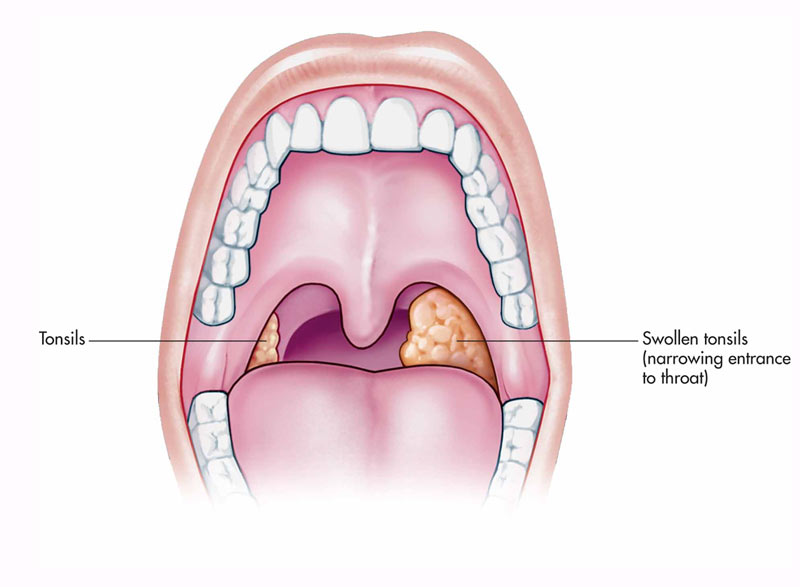
Tonsils are a pair of soft lymphoid tissue masses, resembling lymph nodes, positioned on both sides at the back of the throat. They play a vital role in the body's defense against infections by producing antibodies that counteract disease-causing microorganisms like viruses and bacteria. Extensive medical research has demonstrated that the removal of tonsils, and even adenoids (which are also lymphoid tissue like tonsils but situated behind the nasal cavity), in children does not have any detrimental impact on their immunity to diseases and infections.
Tonsillitis is nothing but an infection in tonsils. It is a very common condition. If you are looking for tonsillitis treatment in GUNTUR, Consult our leading ENT expert at Dr. RAYUDU ENT Hospitals
1.When a child experiences tonsillitis with the following frequency: either a minimum of 7 episodes within a single year, or at least 5 episodes annually for two consecutive years, or 3 episodes each year for three consecutive years.
2.In adults, rather than counting the number of tonsillitis episodes per year, the focus shifts to evaluating the severity, recurrence, and the patient's discomfort to determine whether surgical removal is advisable.
3.When tonsils and adenoids have grown so large that they cause sleep-related issues such as snoring, breath-holding, or sleep apnea, sinusitis, recurring ear infections, dental abnormalities, or painful swallowing.
4.If a patient is suffering from a severe infection or is at risk of severe infection complications, such as neck abscess, peritonsillar abscess, a history of streptococcal complications like rheumatic heart disease and glomerulonephritis, then the ENT physician may recommend tonsillectomy and adenoidectomy.
5.When the doctor suspects the presence of a tumor or malignancy in the tonsils.